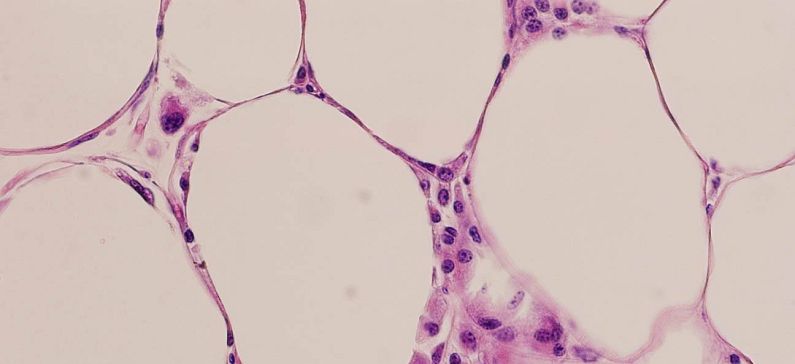
Examines how stress impacts on the development of inflammatory diseases
Katia Karalis is a Clinical Molecular Geneticist. Her expertise lies in the fields of physiology and pathophysiology, the biology of the stress response in mammals and the crosstalk between the endocrine, the nervous and the immune system in the development and progress of the inflammatory response.
Her team uses mouse models for human diseases together with in vitro approaches to elucidate the role of neuropeptides in the regulation of the inflammatory response, in the development of innate immunity and in the metabolic changes, including food intake and insulin signalling, during inflammation.
She received her M.D. from Athens University Medical School in 1986. She continued her studies at Cedars-Sinai Medical Center in UCLA and at the National Institutes of Health (NIH), Bethesda MD, USA, as a postdoctoral fellow in Endocrinology. She speaks Greek, English, French and Italian.
From 1991 she moved to Boston, at the Children’s Hospital, Harvard University as a postdoctoral fellow in Pediatrics and Medicine at the Division of Endocrinology. She was trained in Medical Molecular Genetics and Clinical Cytogenetics at the Department of Genetics of Harvard Medical School.
From 1994 she joined the faculty at the Department of Pediatrics, Harvard Medical School, initially as Instructor and next as Assistant Professor. She was the recipient of the Department of Medicine Award and of several non-federal and federal grants, including a grant from March of Dimes and a KO8, and an RO1 from NIDDK.
She is affiliated and has active collaborations with the Division of Endocrinology of Children’s Hospital and the Division of Gastroenterology and the Center of Nutrition at MassGeneral Hospital, Harvard Medical School, in Boston, USA.
“The major interest of my laboratory is to study the role of the hormonal factors that mediate the stress response, in the regulatory pathways which control the progress of innate immune responses to inflammatory and metabolic challenges/stressors. Our goal is to leverage our findings from preclinical translational studies together with the advancements in human genetics to develop new tools for human diseases associated with compromised adaptation to, external and internal, environmental stressors. This knowledge can drive the development of new therapeutic approaches and new insights in personalized medicine” she explains in ger website.










Elda Kokoneshi
-17/02/2022 9:34 pm
A Big BRAVO!!!